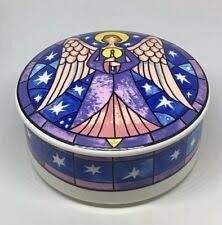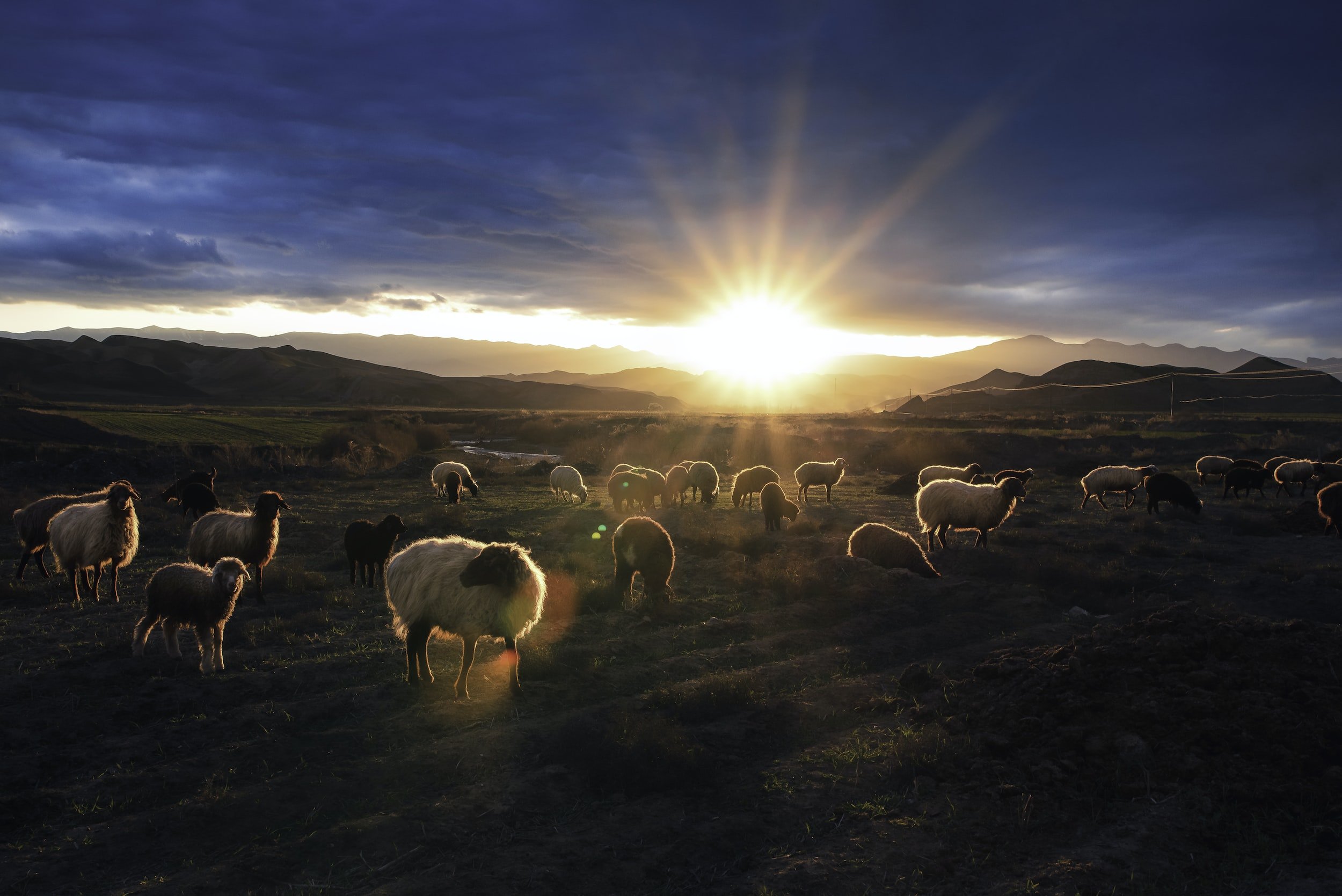Being a reading addict, as I was once described by a friend, I would like to introduce you to Iona Whishaw. She’s my recently discovered Canadian author, born in Kimberly, BC. Due to her father’s geological work, she grew up in a variety of places including Mexico, Central America, and the US. Her daily life in Kootenay Lake, BC most influenced her writing of the Lane Winslow Mystery Series which began with the engaging novel, A Killer at King’s Cove.
I was first introduced to Iona Whishaw by the audiobook membership service, Audible. The service describes the novel, A Killer at King’s Cove, as “a smart and enchanting postwar mystery that will appeal to fans of the Maisie Dobbs”. Ms. Dobbs is the main character in Winspear’s series set between WWI and WWII. Earlier, I became hooked on reading her novels and thoroughly enjoyed all seventeen of them which chronicled the life and escapades of Maisie Dobbs.
The positive comparison between Winspear’s and Whishaw’s series was all the enticement I needed to begin the Lane Winslow Mystery Series. I’m now awaiting the arrival of my purchased used copy of Framed in Fire, ninth of the series of ten, in the Lane Winslow Mystery Series. What will Jane Winslow, this former ex British intelligence officer next encounter?
Should you be enticed to begin the Jane Winslow or Maisie Dobbs series of novels, I offer you a disclaimer. There is a real possibility of becoming hooked on the whole series. Without hesitation, I advise you to chance it. Happy summer reading!
-Sister Nancy Wales, csj









